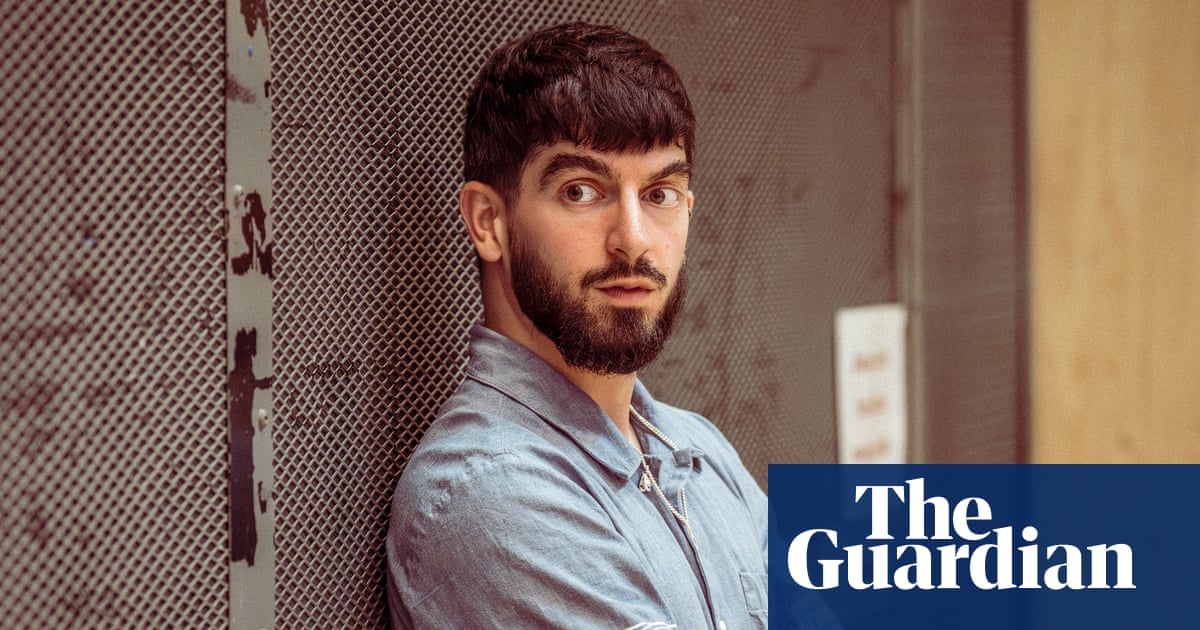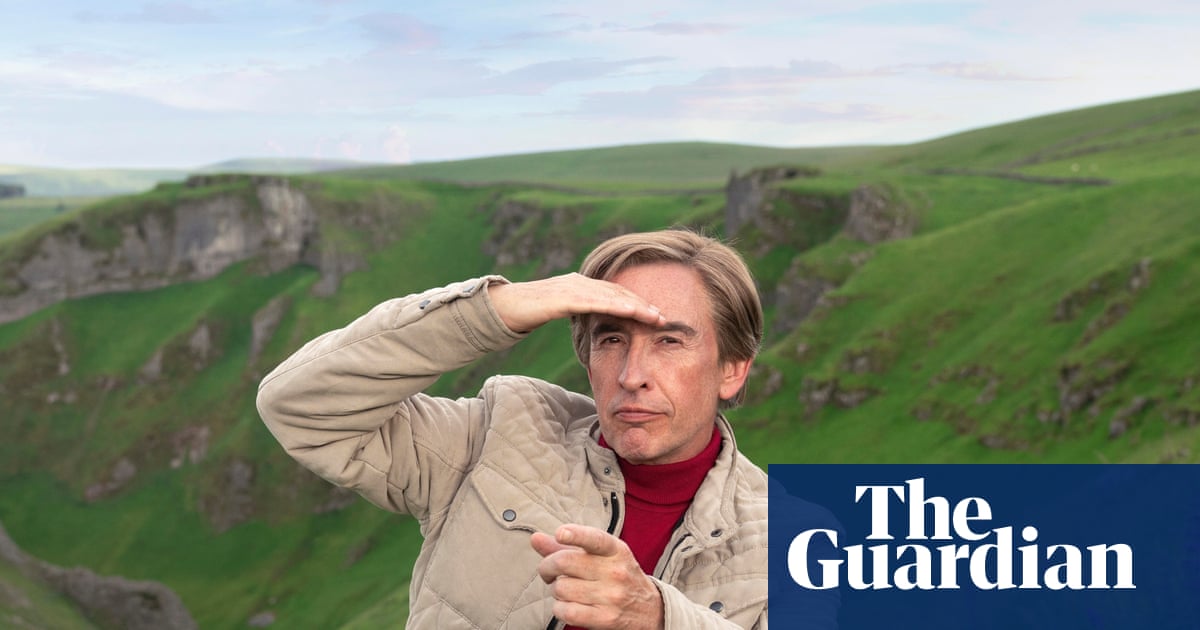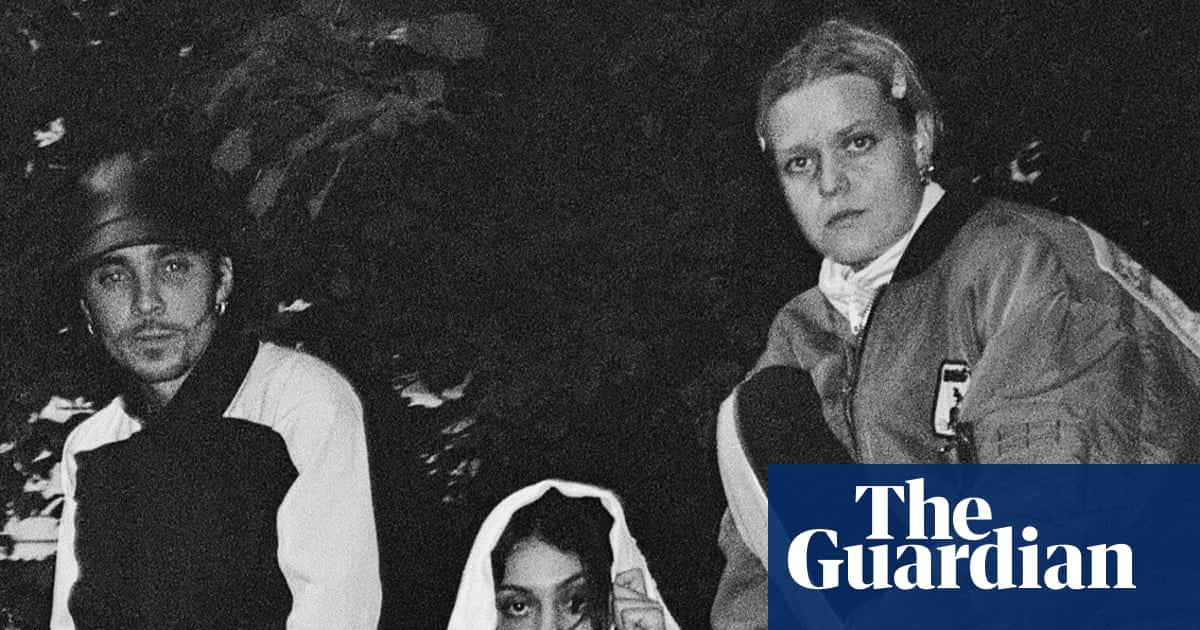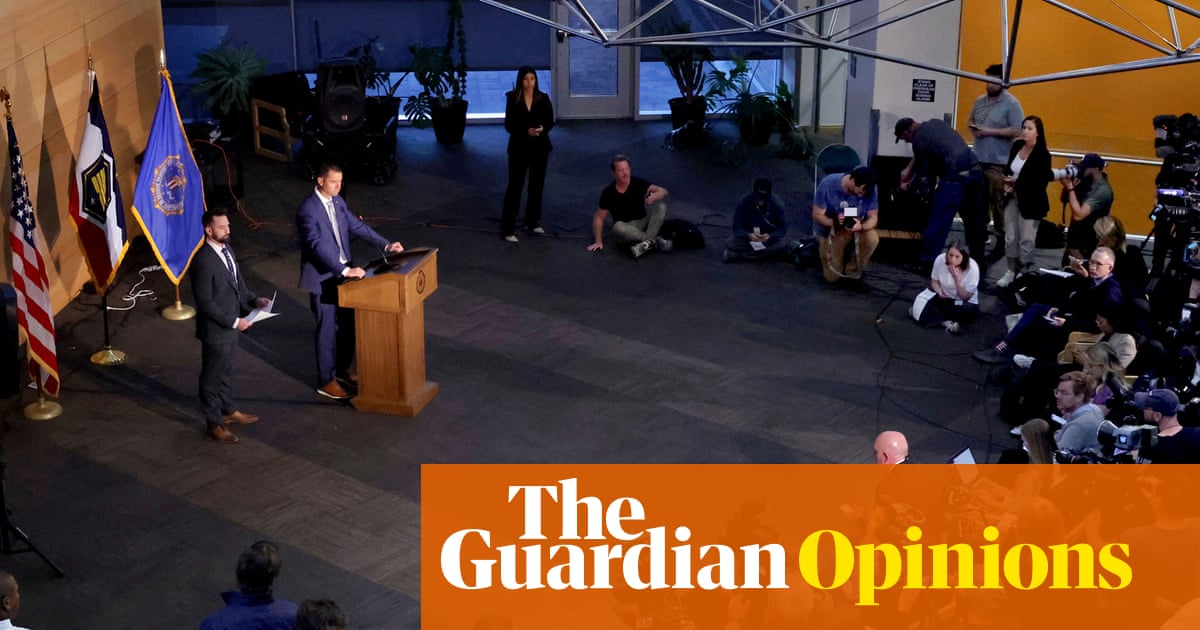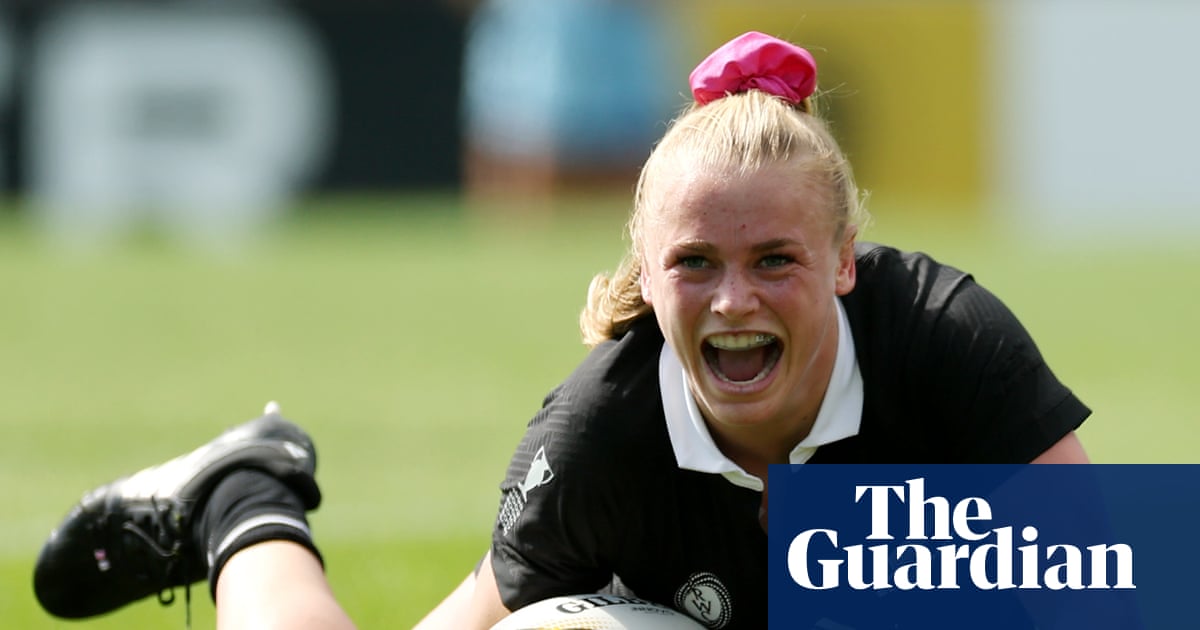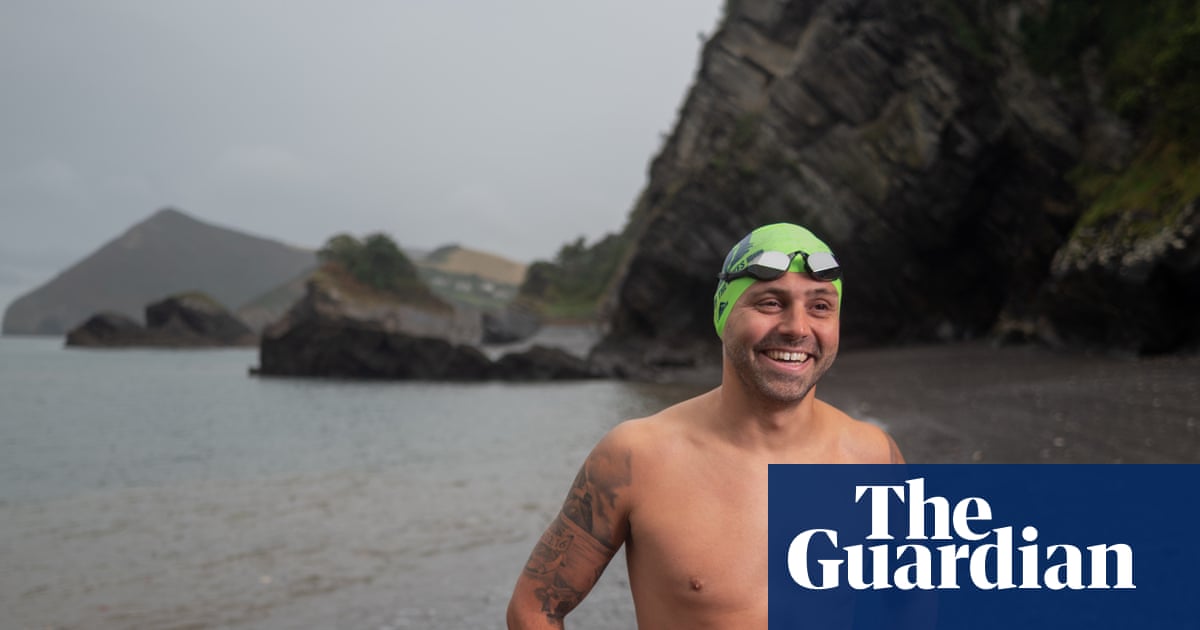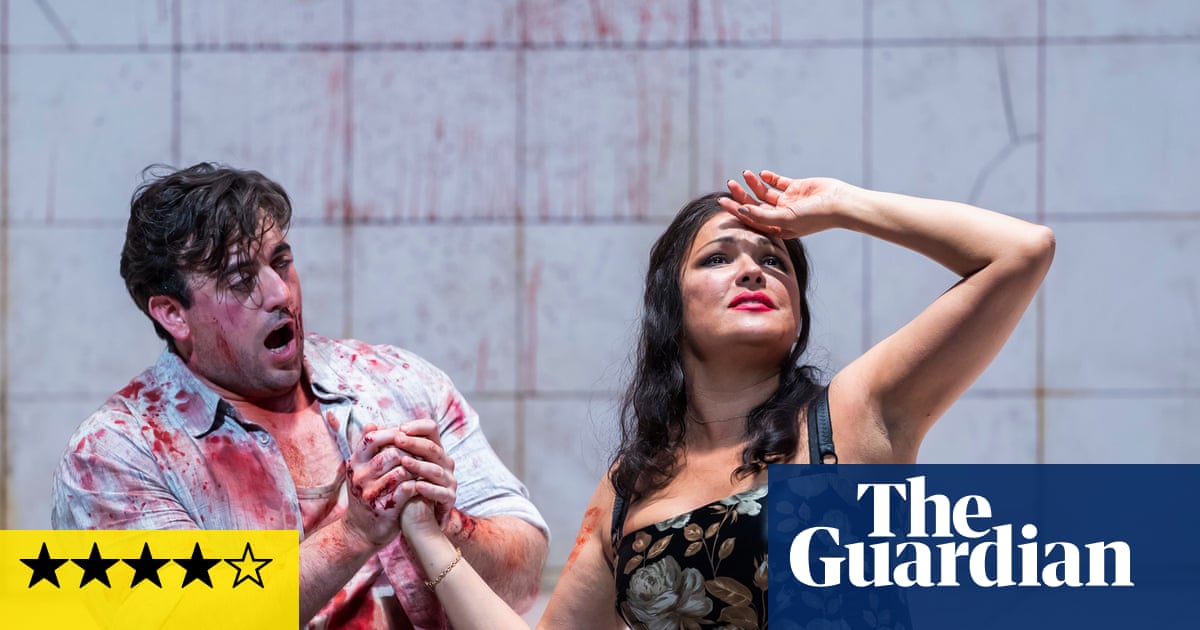Harry Potter may have been overjoyed at going to Hogwarts school of witchcraft and wizardry, but the children playing Harry, Ron and Hermione in the forthcoming HBO TV series will vanish from their own schools for the rest of their childhoods.
Instead the child actors – along with those playing Draco Malfoy, Ginny Weasley and the other Hogwarts pupils – will get much of their education from tutors at a “mini-school” to be conjured up at Warner Brothers’ Leavesden studio in Watford, north of London, when filming starts later this year.
With HBO’s chief executive, Casey Bloys, saying the project will run for “10 consecutive years”, the child actors now aged between nine and 11 will spend their teens fitting lessons and exam revision around learning lines and sitting in makeup trucks.
Jo Austin, of Tayberry Tuition, which has supplied specialist on-set tutors for Netflix and BBC productions, said: “This Harry Potter series is fairly unique in that it is child-based. The children are the stars and they are going to be on screen all the time.
“I can’t imagine many days filming when you haven’t got any children on set, so I think they are going to be in there most of the time and working very hard. They will be out of school for a period of six to nine months to film and complete each series.”
Nathaniel McCullagh, a co-founder of Simply Learning Tuition, who has worked on both sides of the camera as a tutor and a director, predicted: “They’ll probably have a school at Leavesden that is essentially a series of classrooms with subject tutors, and they’ll wheel the children in and out of class just like a mini-school.
“When you start building that level of establishment you’ll need management – a head teacher, a director of studies, individual tutors. It’s far more complex than a typical on-set tutor who is tasked with looking after a couple of kids for a few hours each day for a month.
“I don’t know who is going to get the gig, but it’s a wonderful opportunity to look after maybe 30 children for months at a time and maybe longer ... They have got those children for 10 years or thereabouts, and they’ll be responsible for their entire education.”

Judith Phillips, who worked as a tutor on the original Harry Potter films, has previously told the Guardian that the aim is for children to get at least 15 hours of teaching a week, with tutors on call from 8am. For crowd scenes such as Quidditch matches, up to 400 children could be involved.
“Time is money on the film set, so when you get a knock on the door saying they need your pupil on set, it’s not a case of finishing up what you’re working on – it’s put your pen down and go,” Phillips said.
Austin said the child actors she worked with were usually eager to be tutored. “The students we meet are very hard-working in general, I’ve yet to meet one who is a precocious brat. There are long, very boring days on film sets. Maybe in Hollywood it might be different, but we’ve worked with a wide range of child actors and we’ve never had an issue with any of the students.”
McCullagh said chaperones played a vital role in managing children’s workload and making sure productions stick to the legal time limits on work, which vary with age.
after newsletter promotion
“The problem with being on a film set is that there’s never enough time,” he said. “It doesn’t matter how much money you’ve got behind the film; things go wrong. The lighting changes, the actors don’t quite pull off the performance they need or the director wants something different. So there’s always the temptation to say to a child: ‘Can you just do another take?’ That’s when the chaperone has to step in and say: ‘No’.
“If children are on set being filmed two hours a day, they’ll be in makeup and wardrobe for another two hours,” McCullagh added. “They’ll be transported from wherever they are staying, but as soon as they get in the car or step into makeup, the clock starts ticking. It’s an enormous race against time to try and get them in front of the camera and do some acting.”
Charles Bonas, the founder of Bonas MacFarlane education consultancy, worked with some of the child actors on the original Harry Potter films. He said that while those playing the major roles had “basically hit the jackpot”, they were still having to give things up – as were those with smaller but still time-consuming parts.
“There’s a wide point to make about what is in the best interest of the child,” Bonas said. “With these kids, like it or not, their academic education is going to take a back seat. And if you said that to almost anyone else they’d ask: ‘Is it worth it?’
“There’s a lot of childhood they’ll miss out on because they are sitting in these studios all day working with adults.”

 3 months ago
111
3 months ago
111


